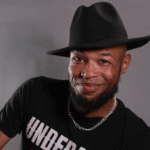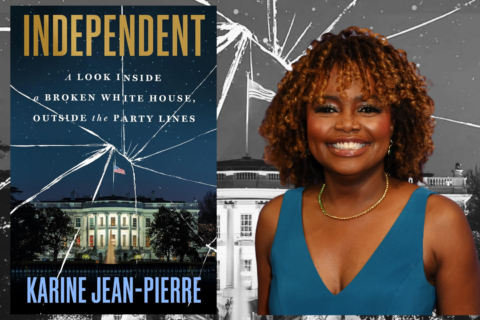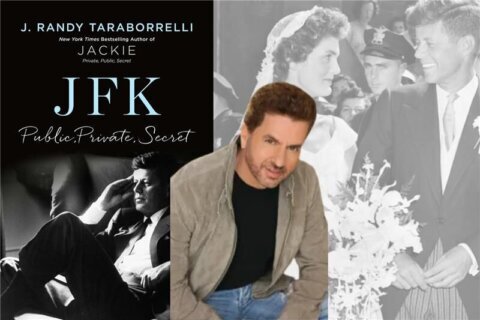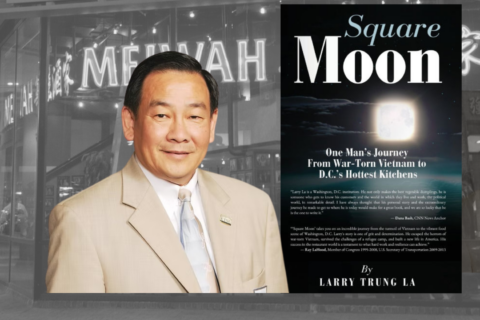This story was written as part of the WTOP Book Report series authored by Terik King. Read more of that coverage.
The high-profile killings in recent years of George Floyd, Breonna Taylor and most recently, Tyre Nichols, highlight the ongoing efforts across the country to tackle police misconduct.
WTOP sat down with attorney and UCLA law professor Joanna Schwartz to discuss her new book, “Shielded: How The Police Became Untouchable,” which dives into this issue.
The right to sue
“Shielded” traces the history of civil rights lawsuits against individual police officers back to the first such case, Monroe v. Pape.
The lawsuit was filed after Black Chicago resident James Monroe, represented by the Chicago ACLU, sued Chicago Chief of Detectives (and so-called “America’s Toughest Cop”) Frank Pape for assaulting him, his wife Flossie, and his children in their home after a white woman falsely accused Monroe of killing her boyfriend.
In the Monroe decision, which came in 1961, the Supreme Court affirmed citizens’ rights to sue officers who violated their Fourth Amendment rights under a federal statute called Section 1983, enacted in 1871 as part of the Ku Klux Klan Act.
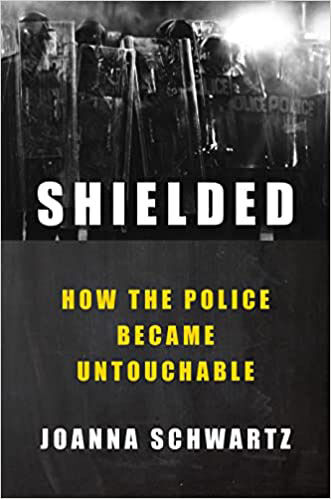
“It was enacted because following the Civil War, Black Americans were being killed and assaulted — terrorized — by white supremacist groups,” said Schwartz. “And local law enforcement and government officials were either participating in the violence or standing idly by and doing nothing to stop it.”
While Monroe established a legal precedent for citizens to sue officers directly, some critics claimed the precedent would lead to frivolous lawsuits that would overwhelm the courts and dissuade people from becoming police officers for fear of being bankrupted by such suits.
In 1989 came the case, Graham v. Connor. The case involved Dethorn Graham, who was assaulted by officers in Charlotte, North Carolina, while he was suffering a diabetic reaction.
In that case, the Supreme Court created a new standard for proving misconduct — requiring an analysis of the “totality of circumstances,” including the “objective reasonableness” of officers’ decisions based on what the officer believed was necessary at the time they used force.
“Graham v. Connor is a standard that is so ‘mushy,’ so malleable, that really anything can be considered ‘objectively reasonable,’” Schwartz said. “And it does mean in practice that people who have done nothing wrong can be assaulted, shot and killed. If the officer had an ‘objectively reasonable belief’ that the person was holding a gun or the person was a threat in some way, then courts find that constitutional rights were not violated.”
The Andrew Scott case
“Part of my goal in the book is both to recognize and draw attention to the disproportionate use of force against people of color,” Schwartz said, “and also to tell the story of people who are white, because they are also part of this complex system. And they also face the blunt end of police force.”
One such case was that of Andrew Scott of Florida, who was shot and killed by Florida sheriff’s deputies in his home in 2012 when he answered a knock at his door late at night while holding a gun he legally possessed.
“This is a situation where the Second Amendment … and the Fourth Amendment really come into stark contrast,” Schwartz said. “You can have a gun, but police can reasonably shoot you without violating your constitutional rights.”
“I thought it’s really important to write a book to get all of this information out in one place, and in a way that people can understand,” Schwartz said. “I’m very affected by the stories that I tell in this book — and I’m hopeful that they can do some good.”

